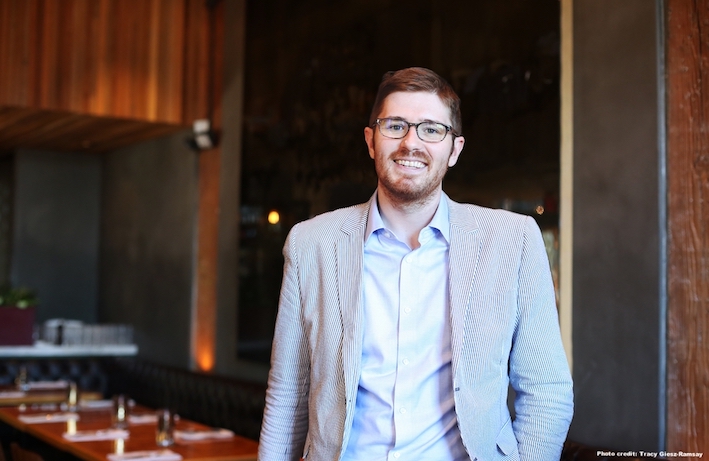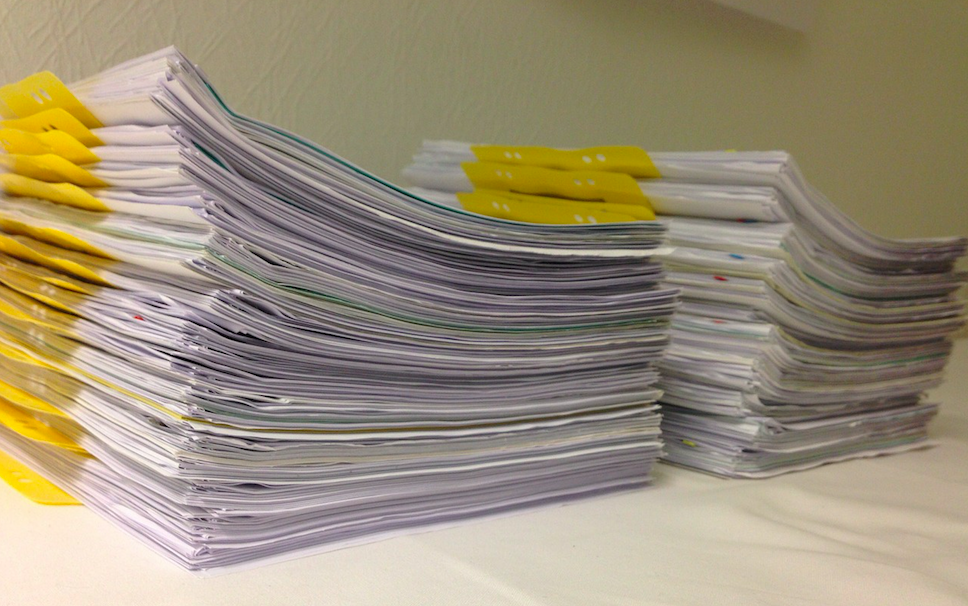
Why do we make bad political decisions, and how do we make better ones? On Thursday, June 21, ScholCommLabber David Moscrop will unpack these questions and more on the TEDxYYC stage. Drawing from his own and others’ research, as well as from his personal experiences as a media commentator, he’ll examine the way our current democratic system functions—or, rather, dysfunctions— and how it could be improved in the future.




